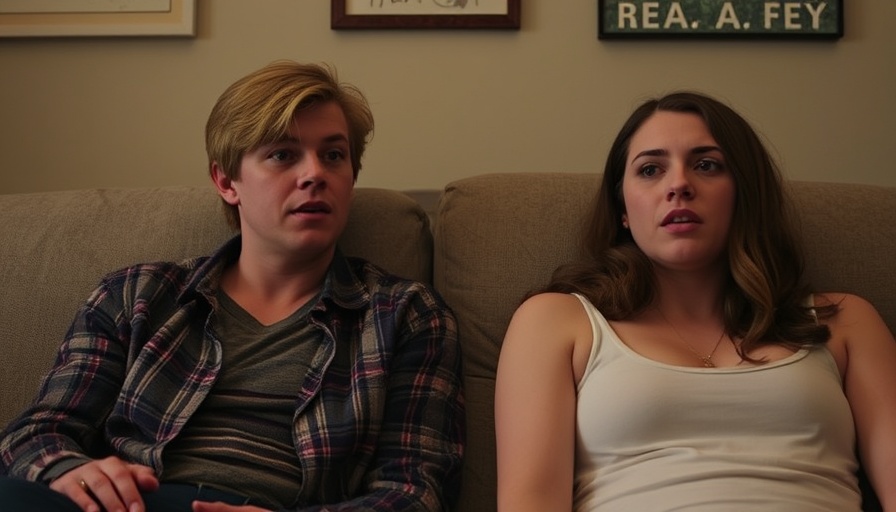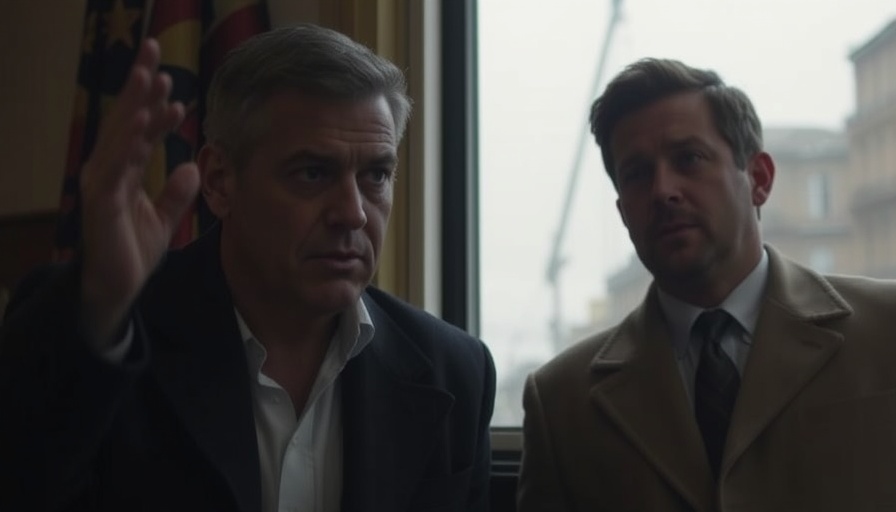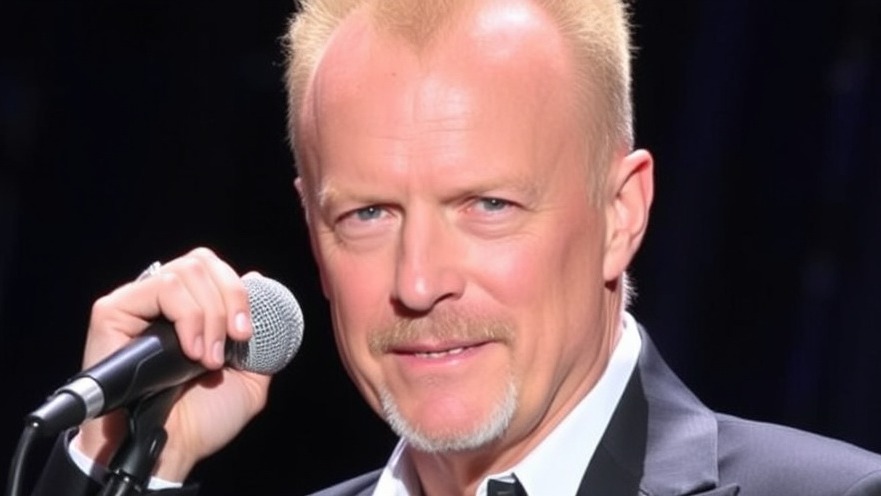
Exploring the Timeliness of 'Sorry, Baby'
In a cultural moment marked by the complexities of the #MeToo movement, 'Sorry, Baby' emerges as a vital film that courageously recounts the nuanced psychological aftermath of sexual assault. Eva Victor's debut feature film does more than merely depict trauma; it delves into the intricate emotional layers that often remain unspoken. The portrayal of Agnes, a twentysomething academic whose experience resonates deeply, provides a lens through which audiences can explore the harrowing silence and societal reactions surrounding sexual assault.
Breaking Down Barriers of Discussion
From its very first scene, 'Sorry, Baby' highlights the pervasive silence surrounding sexual trauma. Agnes's experience is depicted with a subtlety that emphasizes the difficulty of discussing such matters openly. Still, it does not shy away from showcasing the profound effects of such experiences on victims and their relationships. Penning down feelings or articulating the truth can be daunting, as evidenced in the scene where Agnes shares her ordeal with her best friend, Lydie. Their conversation reflects a stark reality—that many survivors feel constrained and often struggle to voice their trauma.
How 'Sorry, Baby' Fits Into Today’s Cultural Fabric
At the time when the backlash against #MeToo is palpable, 'Sorry, Baby' becomes even more pertinent. Films and shows under the growing #MeToo category have often taken a direct approach to depict sexual assault, focusing solely on the events leading up to the trauma itself. Victor's film, however, illustrates the subsequent emotional turmoil of the victim, a vital aspect that is frequently overlooked. In doing so, it opens up avenues for discussion around the far-reaching implications of sexual violence and the multilayered experiences of survivors.
Comparative Insights: What Sets 'Sorry, Baby' Apart
This film stands in stark contrast to other recent cinematic portrayals within the #MeToo context. While other movies like Kitty Green's 'The Assistant' and 'Women Talking' focus heavily on the event of assault, 'Sorry, Baby' shifts the narrative to what comes after. It invites viewers to explore the discomfort and the healing processes that follow such experiences. Films that tack a similar tone have managed to highlight systemic issues, but few do so with the warmth and humor that Victor brings, making it both relatable and poignant.
The Role of Humor in Addressing Trauma
Interestingly, one of the film’s strengths is its incorporation of humor in a subject matter that is often treated with an altogether somber tone. This balancing act is not only refreshing but essential, especially for younger audiences navigating their understanding of sexual consent and following the conversations that have emerged in recent years. The film uses the chaos of life to normalize experiences that are too often shrouded in stigma, pushing audiences to confront the topic without overwhelming despair.
Emotional and Cultural Relevance
The film resonates with viewers, particularly in the backdrop of discussions about consent, misogyny, and societal expectations surrounding women's responses to trauma. The intersections of personal and cultural narratives are beautifully painted, confirming that it is not merely a story of assault but a profound exploration of healing and rejection of silence. Its emotional pull encourages not only connection but also reflection on the audience’s perspectives towards sexual assault and the subtleties involved.
Call to Action: Engage with the Conversation
As 'Sorry, Baby' takes center stage, it urges audiences to partake in an essential dialogue about sexual assault and the layers of recovery. Inviting viewers to consider their perspectives on trauma and how it shapes attitudes toward society, this film reminds us that empathy is a crucial step in creating a supportive environment for survivors. Consider watching this pivotal film and sharing your thoughts with your community to foster ongoing conversations around these vital topics.
 Add Row
Add Row  Add
Add 




Write A Comment